Psychological Reasons for Clutter

We don’t always give enough attention to the psychological reasons for clutter.
Clutter is relentless. It comes at us from everywhere. The psychological causes of clutter are more powerful than we realize.
When it comes to clutter, we need to pay attention to the stories we tell ourselves. We look at things we don’t use and an inner monologue starts playing in our heads.
We look at that pair of shoes we bought to wear on a certain occasion and haven’t touched since. We come up with all sorts of imagined scenarios about how we may someday need them again.
The offended relative story is another one we tell ourselves that contributes to clutter. We keep gifts we don’t even like. We tell ourselves we’ll take it out when the relative comes over so they won’t be offended.
Our narratives impact our thoughts, feelings and behaviors even when it comes to clutter. Even if it’s relating to things we don’t want and will never use.
Being aware of the stories we tell ourselves and actively working to shape them can lead to having a more fulfilling and successful life. It can also help to shape the space that we want to surround ourselves with. We just have to change the narrative to one that serves us.
We’re always told we should be the hero of our own story. We shouldn’t just be the hero, we should be the creator, the writer, and the director. We must guide our story and be active participants in it.
Think about the stories you tell yourself and figure out how they affect your clutter. Listen to the narratives and reshape them to fit your needs. This will help make sure you are in control of your clutter and your life.
Psychological reasons for clutter
For more content on de-cluttering, discover the 29 things people forget to declutter or how to know if you have a clutter problem.
For more videos, check out the Mia Danielle YouTube channel.
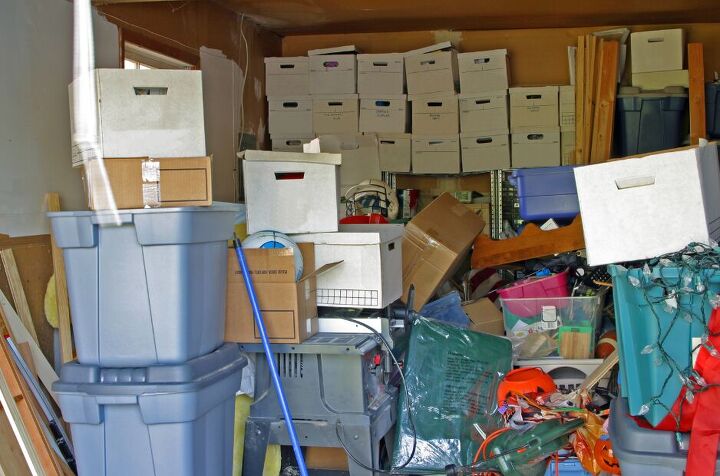
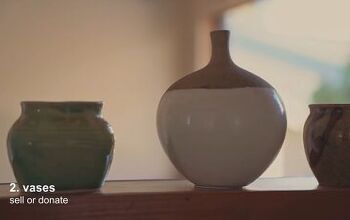






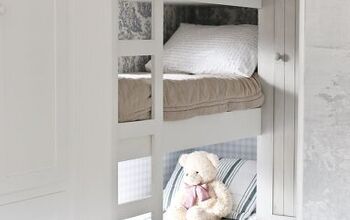

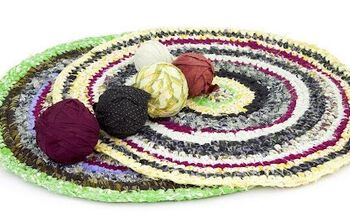
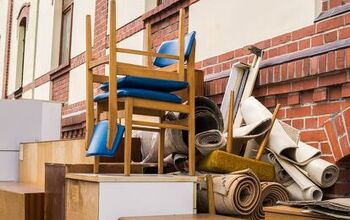



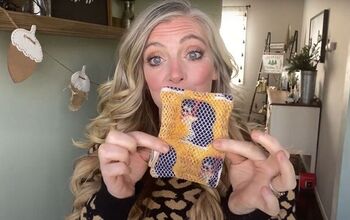



Comments
Join the conversation